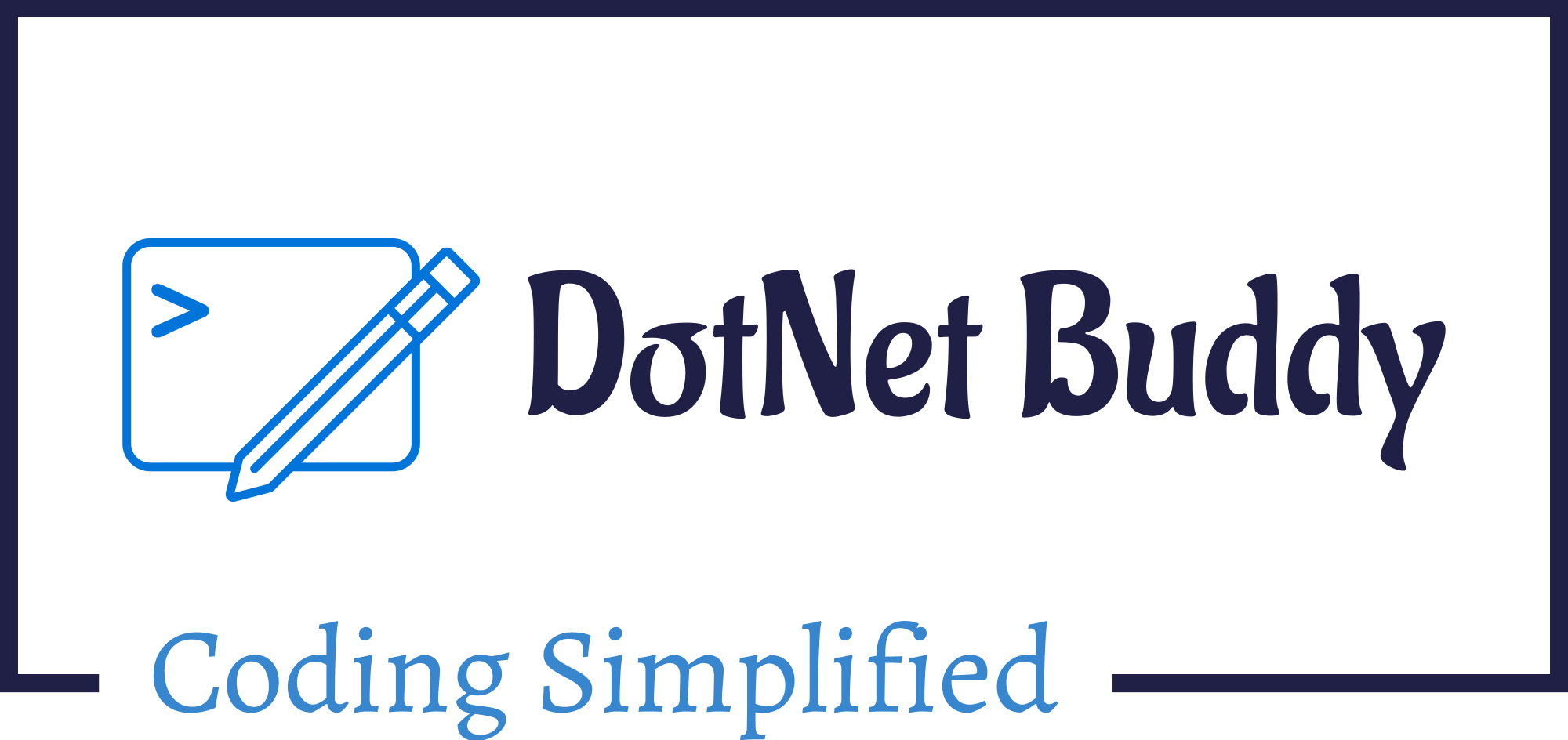Introduction to Azure 204 Certification
Azure 204 Certification, officially known as the Microsoft Certified: Azure Developer Associate, is a credential that validates your skills in designing, building, testing, and maintaining cloud applications and services on Microsoft Azure. This certification is essential for professionals who want to demonstrate their expertise in Azure development and advance their careers in cloud computing.
Check our most Valued Quiz for Az 204 Preparation
Azure 204 Certification Quiz : Top 100 Most Asked Questions with Answers – MCQ
₹499.00 Sale price only ₹199.00
Understanding the Exam Structure
Exam Format and Duration
The Azure 204 exam typically consists of 40-60 questions, and you have 150 minutes to complete it. The exam is designed to test your practical knowledge and skills in Azure development.
Topics Covered in the Exam
The exam covers a wide range of topics, including:
- Developing Azure compute solutions
- Developing for Azure storage
- Implementing Azure security
- Monitoring, troubleshooting, and optimizing Azure solutions
- Connecting to and consuming Azure services and third-party services
Types of Questions
You’ll encounter various types of questions such as:
- Multiple-choice questions
- Drag-and-drop scenarios
- Case studies
- Short answer questions
Preparation Strategies
Study Materials and Resources
To prepare effectively, utilize official Microsoft Learn modules, study guides, and practice exams. Online courses on platforms like Udemy, Pluralsight, and Coursera can also be beneficial.
Creating a Study Plan
A structured study plan can help you cover all exam topics systematically. Allocate specific times for each topic and include revision sessions in your plan.
Practical Hands-On Experience
Practical experience is crucial. Set up an Azure account and get hands-on practice with various services. This will help you understand the practical applications of the concepts you learn.
Core Azure Services
Compute Services
Azure offers various compute services, including Virtual Machines (VMs), App Services, and Kubernetes Service (AKS). These services allow you to deploy and manage applications efficiently.
Networking Services
Networking is a critical component of Azure. Learn about Virtual Networks (VNet), Load Balancers, and VPN Gateways. These services ensure your applications are securely connected and accessible.
Storage Services
Azure provides scalable storage solutions like Blob Storage, Disk Storage, and File Storage. Understanding how to manage and utilize these storage options is essential for the exam.
Database Services
Azure offers multiple database solutions, including SQL Database, Cosmos DB, and Database for MySQL. Each service has unique features and use cases, so familiarize yourself with them.
Azure Identity and Governance
Managing Azure Active Directory
Azure Active Directory (AAD) is a cloud-based identity and access management service. It helps you manage user identities and control access to resources.
Role-Based Access Control (RBAC)
RBAC allows you to assign roles to users, groups, and services, ensuring they have appropriate access levels. This is crucial for maintaining security and compliance.
Azure Policy and Blueprints
Azure Policy helps you enforce organizational standards and assess compliance at-scale. Blueprints are packages of governance-related artifacts that can be reused to maintain compliance.
Azure Security
Network Security Groups
Network Security Groups (NSGs) are used to control inbound and outbound traffic to Azure resources. They act as virtual firewalls, protecting your applications from threats.
Azure Security Center
Azure Security Center provides unified security management and advanced threat protection across your Azure resources. It helps you identify and mitigate security risks.
Key Vault and Encryption
Azure Key Vault is a service that helps you safeguard cryptographic keys and secrets used by cloud applications and services. Encryption protects your data at rest and in transit.
Monitoring and Troubleshooting
Azure Monitor
Azure Monitor collects, analyzes, and acts on telemetry data from your Azure resources. It provides insights into the performance and health of your applications.
Application Insights
Application Insights is an application performance management service that monitors your live applications. It helps you detect and diagnose performance issues.
Log Analytics
Log Analytics is a tool in Azure Monitor that helps you collect and analyze data from various sources. It provides powerful query capabilities to understand and troubleshoot your environment.
Azure DevOps
Continuous Integration/Continuous Deployment (CI/CD)
Azure DevOps provides tools for CI/CD, allowing you to automate the build, test, and deployment processes. This ensures faster and more reliable software delivery.
Azure Repos and Pipelines
Azure Repos offer version control for your code, while Azure Pipelines provide build and release services. Together, they streamline your development workflow.
Infrastructure as Code (IaC) with Azure
IaC allows you to manage and provision cloud resources using code. Azure provides tools like ARM templates and Terraform to implement IaC, making your infrastructure more consistent and repeatable.
Sample Quiz Questions
Multiple Choice Questions
- What is the primary service for managing identities in Azure?
- A) Azure Security Center
- B) Azure Active Directory
- C) Azure Monitor
- D) Azure Policy
- Which Azure service is used for storing unstructured data?
- A) SQL Database
- B) Blob Storage
- C) Azure DevOps
- D) Azure Kubernetes Service
Scenario-Based Questions
- You need to deploy a web application with high availability and auto-scaling capabilities. Which Azure service would you use?
- Your organization requires a secure way to manage secrets and keys used by applications. What Azure service would you recommend?
True or False Questions
- Azure Virtual Networks (VNet) allow you to isolate your Azure resources logically. (True/False)
- Azure Key Vault can only store secrets, not keys. (True/False)
Conclusion
Azure 204 Certification is a valuable credential for anyone looking to advance their career in cloud development. By understanding the exam structure, preparing effectively, and gaining practical experience, you can confidently tackle the exam. Remember to review all core Azure services, focus on identity and governance, ensure security, and get familiar with Azure DevOps practices. Good luck!
FAQs
What is the passing score for the Azure 204 exam? The passing score for the Azure 204 exam is 700 out of 1000.
How often is the exam updated? The exam content is updated periodically to reflect new Azure features and services. Check the official Microsoft website for the latest updates.
Can I retake the exam if I fail? Yes, you can retake the exam if you fail. There is a waiting period between attempts, so be sure to review the retake policy on the Microsoft certification website.
What are the benefits of getting Azure 204 certified? Certification can enhance your career prospects, validate your skills, and increase your earning potential. It also demonstrates your commitment to professional growth in cloud development.
Are there any prerequisites for the Azure 204 exam? There are no formal prerequisites, but it is recommended that you have experience with Azure services and a strong understanding of programming languages like C# or Python.

